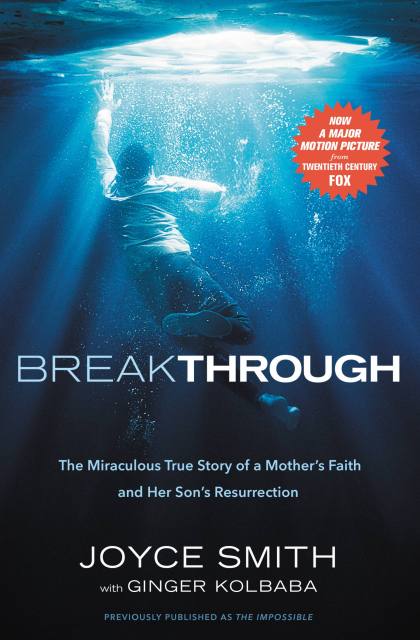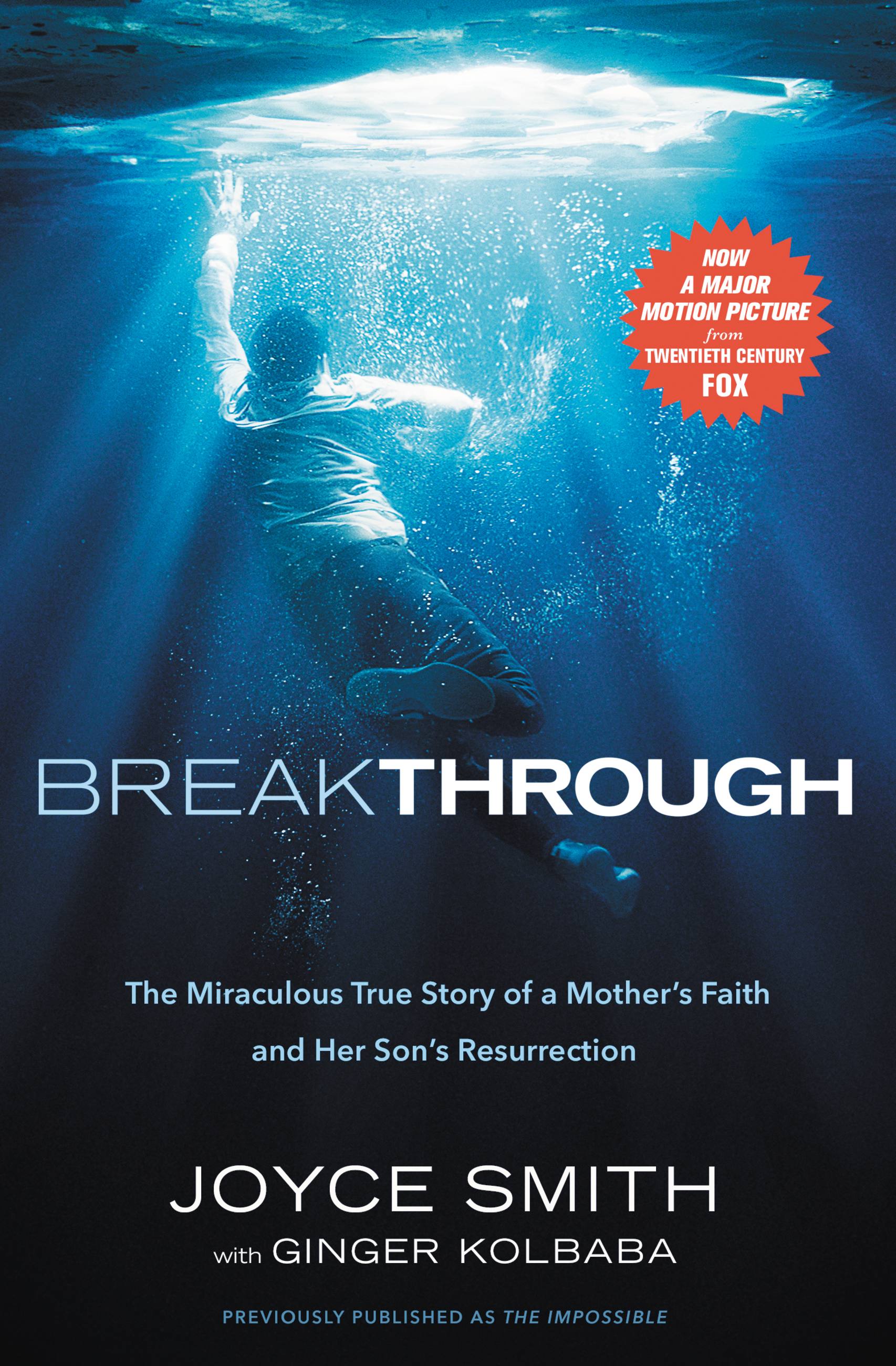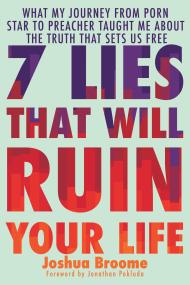Promotion
Use code MOM24 for 20% off site wide + free shipping over $45
Breakthrough
The Miraculous True Story of a Mother's Faith and Her Child's Resurrection
Contributors
By Joyce Smith
With Ginger Kolbaba
Formats and Prices
Price
$12.99Price
$16.99 CADFormat
Format:
This item is a preorder. Your payment method will be charged immediately, and the product is expected to ship on or around November 7, 2017. This date is subject to change due to shipping delays beyond our control.
Also available from:
Through the years and the struggles, when life seemed more about hurt and loss than hope and mercy, God was positioning the Smiths for something extraordinary-the death and resurrection of their son.
When Joyce Smith’s fourteen-year-old son John fell through an icy Missouri lake one winter morning, she and her family had seemingly lost everything. At the hospital, John lay lifeless for more than sixty minutes. But Joyce was not ready to give up on her son. She mustered all her faith and strength into one force and cried out to God in a loud voice to save him.
Miraculously, her son’s heart immediately started beating again.
In the coming days, John would defy every expert, every case history, and every scientific prediction. Sixteen days after falling through the ice and being clinically dead for an hour, he walked out of the hospital under his own power, completely healed.
The Impossible is about a profound truth: prayer really does work. God uses it to remind us that He is always with us, and when we combine it with unshakable faith, nothing is impossible.
Genre:
-
Joyce's true recount of bringing her son back from the dead with her prayers is gripping from start to finish! It shows that a mother's love is one of the most powerful forces in the universe. The Impossible is a must read and will inspire even the cynic to believe in miracles!DeVon Franklin, producer of Miracles From Heaven
-
Faith empowers us to see the invisible, embrace the impossible, and hope for the incredible. The Impossible is an amazing testament to the power of prayer--it will leave you feeling renewed in your belief in God's infinite power.Rev. Samuel Rodriguez, President of the National Hispanic Christian Leadership Conference and Latino Evangelical Association, and author of Be Light
- On Sale
- Nov 7, 2017
- Page Count
- 256 pages
- Publisher
- FaithWords
- ISBN-13
- 9781478976943
Newsletter Signup
By clicking ‘Sign Up,’ I acknowledge that I have read and agree to Hachette Book Group’s Privacy Policy and Terms of Use







